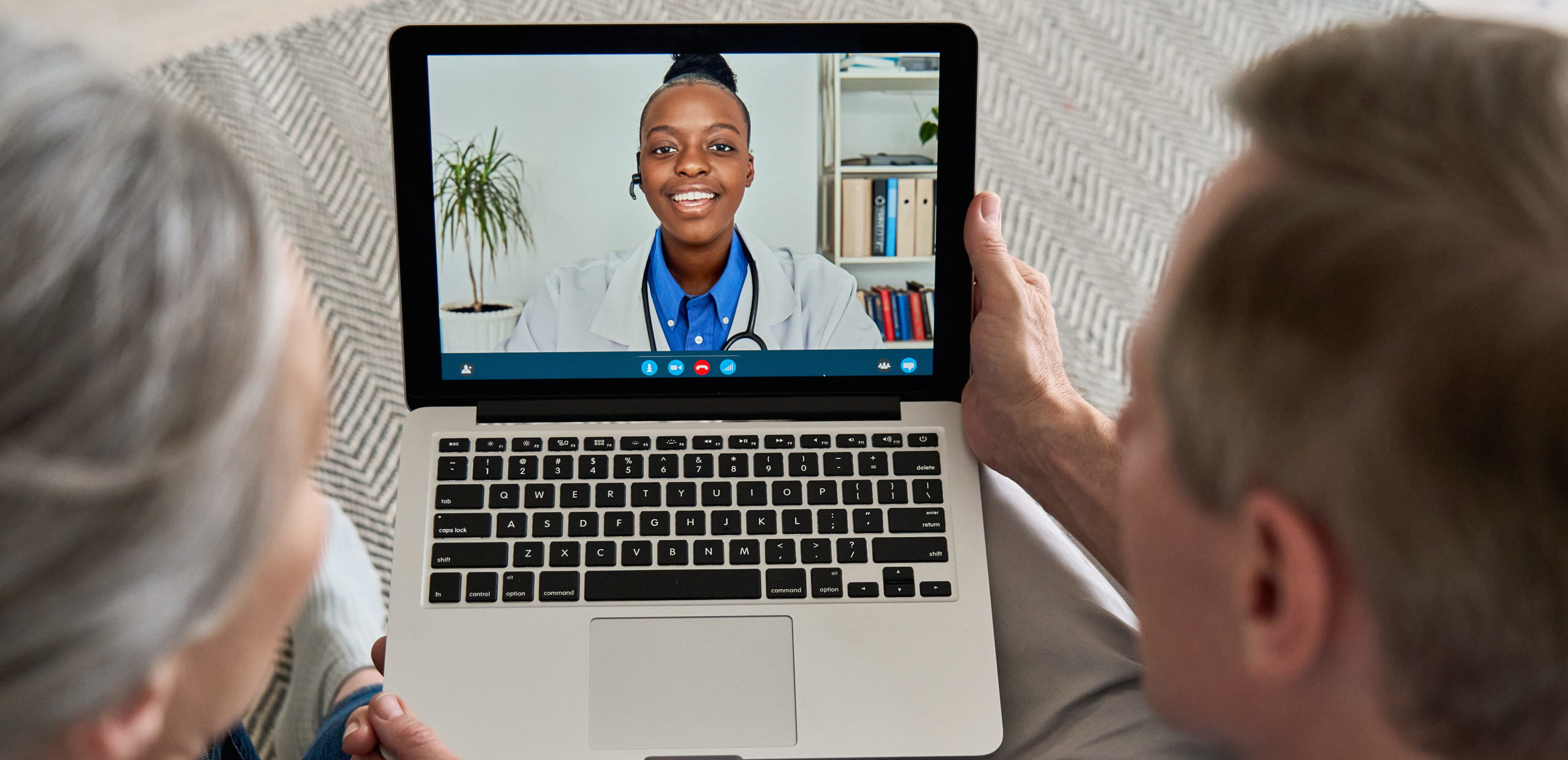

NHC Congressional Briefing Summary: Leveraging Patient Insights to Optimize Telemedicine Policy
By Silke Schoch, Manager, Research & Programs
On July 21, 2021, the National Health Council (NHC) hosted a Congressional briefing on a topic of very high importance to the patient community, how to leverage patient insights to optimize telemedicine policy. NHC CEO Randall Rutta, introduced the webinar by discussing the changes the pandemic has brought to the patient community. He said, “The learnings from this period are already improving pathways for improving care to people with chronic conditions and disabilities in the settings of their choosing.”
Featured Speakers included:
- Crozer Connor, Senior Legislative Assistant for Congressman Mike Thompson (CA-05),
- Sharon Radtke, a rare disease patient from Milton, VT,
- Eleanor Perfetto, PhD, MS, Executive Vice President, Strategic Initiatives, National Health Council,
- Marcus Snow, MD, Assistant Professor, Internal Medicine, Division of Rheumatology, University of Nebraska Medical Center, and
- Hannah Lynch, Associate Director of Federal Government Relations and Health Policy, National Psoriasis Foundation,
Mr. Connor described the current telemedicine policy landscape. He noted that before the pandemic, former President Donald Trump signed a law that authorized the U.S. Department of Health and Human Services (HHS) to expand telemedicine services. Mr. Thompson’s office has introduced bipartisan, bicameral legislation (H.R. 2903) to make those expansions in telemedicine care permanent so patients have better access to the care options they need. The legislation would also allow Medicare beneficiaries to request telemedicine care at their home and increase telemedicine services during any future disasters.
Ms. Radtke then discussed her journey with a rare dermatological disease and how telemedicine has positively affected her. She explained that she has a dermatologist in Vermont, but that a doctor in her area does not specialize in her rare condition. Expansions in telemedicine funding during the pandemic allowed her to find a relevant specialist in a different state, and when the funding expired, she was unable to continue those appointments. She also shared that her husband has Parkinson’s Disease; and telemedicine appointments became a necessity for him because of hospital protocols during the pandemic not allowing Ms. Radtke to accompany him to in-person visits. Ms. Radtke concluded by expressing that telemedicine appointments are a “godsend” to patients and caregivers.
Dr. Perfetto spoke about the NHC’s efforts to learn more about the experiences of chronic disease patients with telemedicine. The NHC conducted eight 30-minute listening sessions with staff from the NHC’s patient-organization members. One of the key themes that arose during the listening sessions was that telemedicine can help reduce disparities; however, if it is done incorrectly, it can also exacerbate disparities. Another theme that came out of the listening sessions was that patients should be able to voice their preference for the type of provider visit they can have, whether it is in-person, on the phone, or over Zoom. Concerns over transportation, mobility, condition type, geography, and privacy could all change a patient’s preference.
The webinar also featured remarks from Dr. Snow, a rheumatology specialist from Omaha, NE, who discussed the benefits and limitations of telemedicine from a clinician’s perspective. Patients in rural areas, who must drive hundreds of miles to see a provider, or patients experiencing other mobility barriers benefit from telehealth access. While Dr. Snow views telemedicine as an enormous benefit in patients whose chronic conditions are more stable, he also notes that an in-person visit may be best for an initial visit.
Lastly, Ms. Lynch spoke about a coalition effort to create a set of patient principles to ensure that telemedicine services are “affordable, accessible, and adequate for patients.” Ms. Lynch emphasized some of the principles and corresponding themes including; equitable coverage, technological proficiency, and patient choice. She noted that telephone appointments have been especially useful to people located in rural communities or to those who are not technology proficient. She stressed the importance of patients working with their provider to make the decision on which kind of appointments work best for them. She also touched on the role the federal government could play in increasing interstate access to enable patients to find providers across state lines. You can access the coalition telehealth principles, that NHC supported, here.
You can watch the full webinar here.


